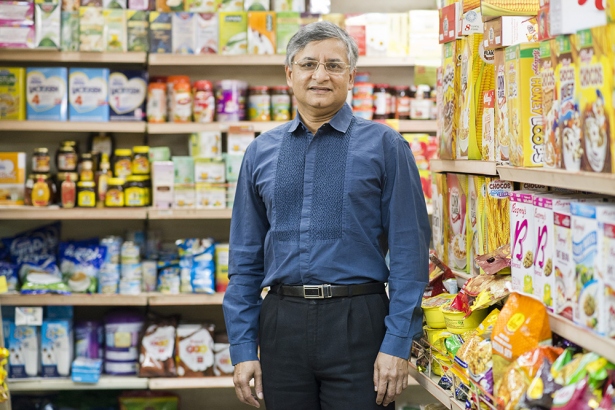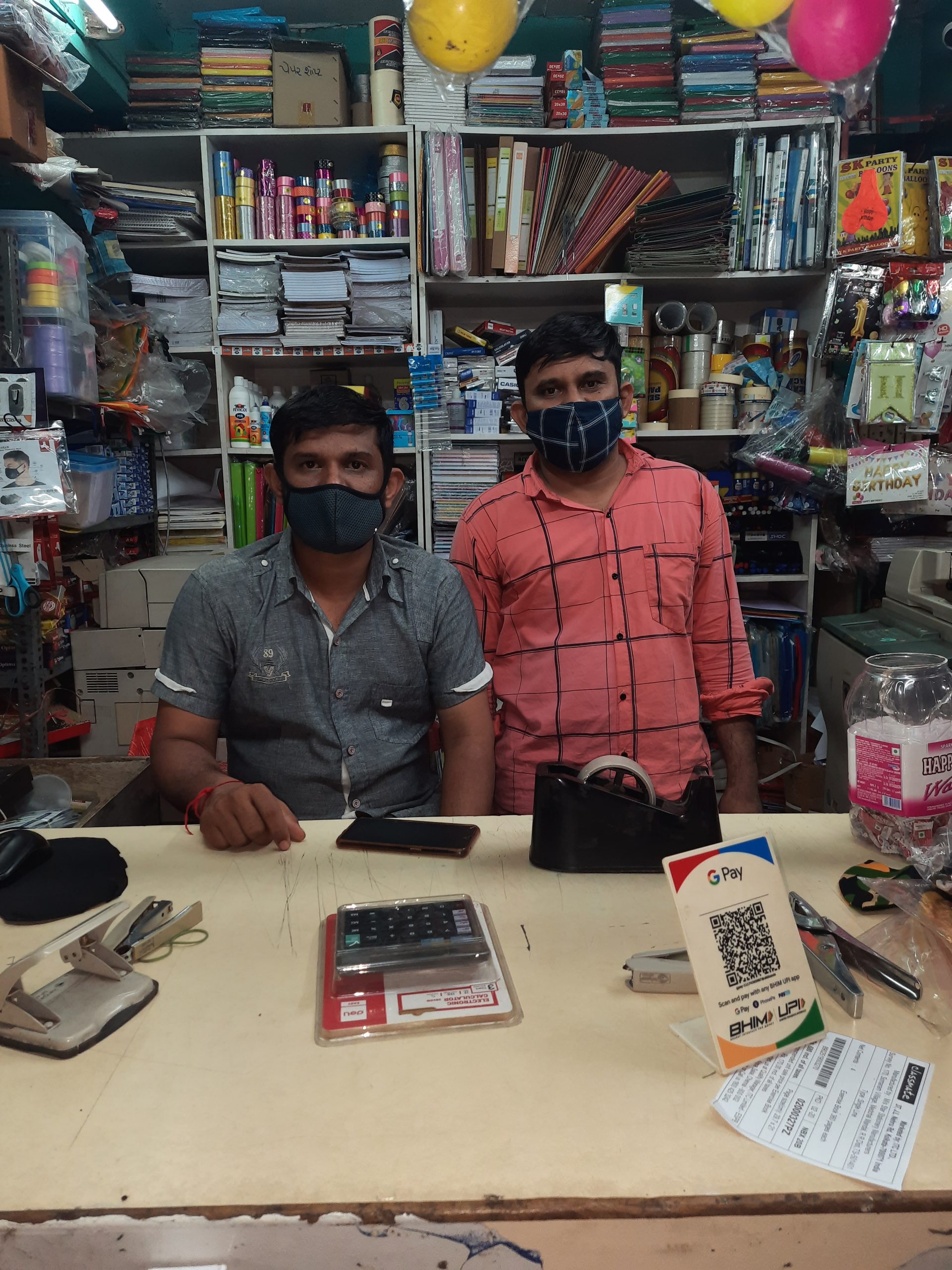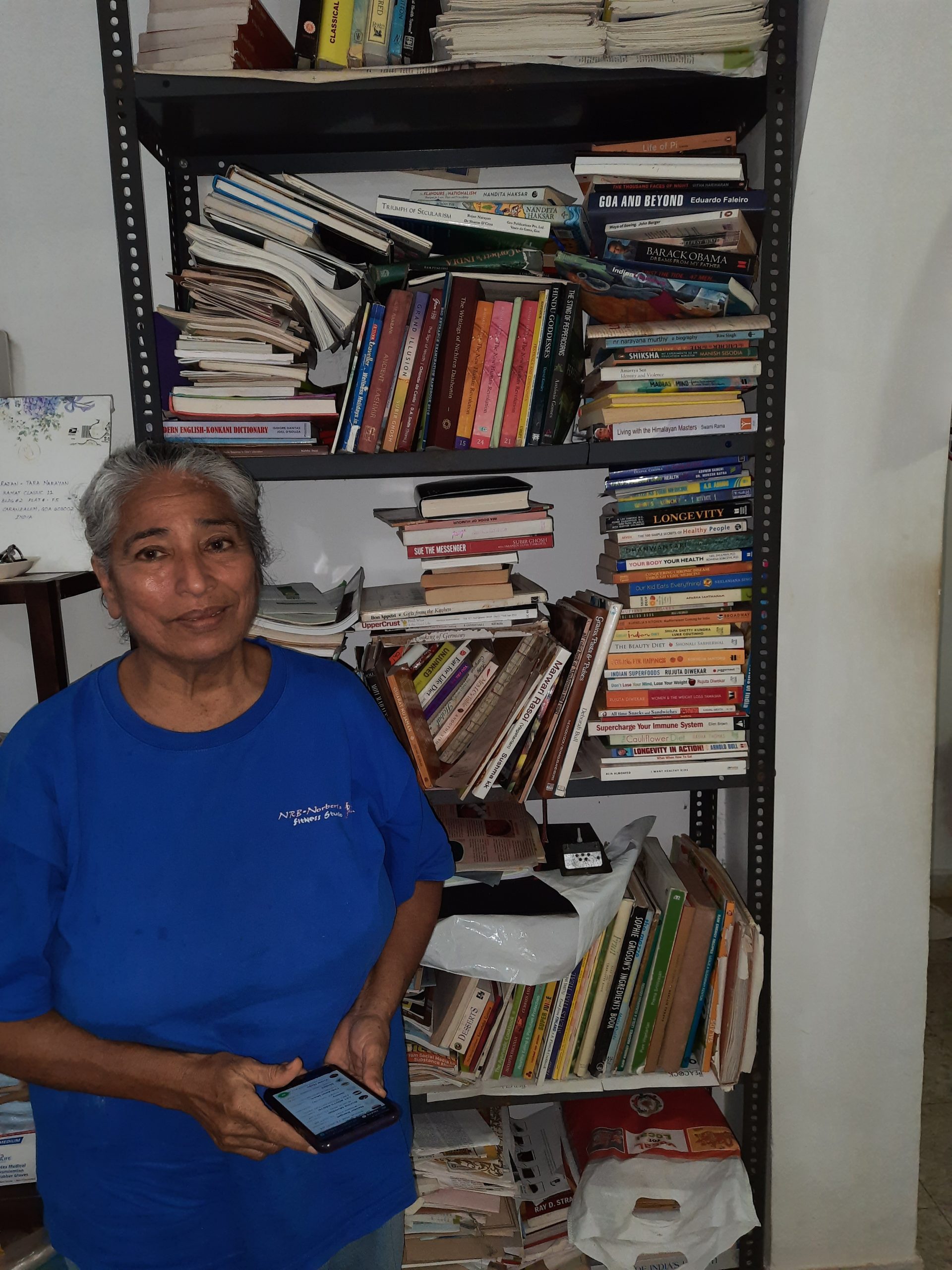Over a period of 75 years, Goa has experienced an influx of migration. This includes people from within our country as well as foreign nationals who leave their hometowns for peaceful and quality living in a ‘vacation country’. The latest census data reveals that Goa is home to approximately 6,000 Gujaratis, including Vaishnavas and Jains — whose origins vary vastly ranging from Amdavadis to Kutchis, and the Suratis — who resettled in the state in search of jobs or to start businesses of their own.
If one were to dig into the history books, one would surmise that Adil Shah was responsible for luring Gujaratis to Goa. The latter was looking to trade spices, textiles and later engaged in the mining industry. The Portuguese were cooperative thanks to the new settlers’ brilliant trading skills. Thus, the Parekhs, Maganlals, and Mehtas are just some of the few families who paved their own way to success in Goa and, today, one can see the younger generations taking over the reins of the family trade.
The story of how Goa met Gujarat
To understand how khakra lovers landed in this heavenly state, one would need to go back to the 1900s, when Babulal Zaveri arrived in Goa searching for peace, serenity, and let’s not forget… business. He started with a small fruit stall in the heart of Panaji city. It’s said that the city is enriched by the aroma of spices as well as herbs, that can easily make one dance around to the beat of love. And maybe, that’s just what happened to Babulal, as he fell for a Goan girl, whom he later married. Soon, the small stall turned into a full-fledged restaurant and lodge and is now run by the third generation of his family.
Magsons CEO: Kirit Maganlal
Every Goan who loves gourmet/exotic foods from across the globe has visited Magsons at least once. Few, however, know that the CEO of Magsons, Kirit Maganlal, is a Gujarati whose family settled in Goa decades ago. His family businesses range across many fields, except food. It was Kirit Maganlal’s love for food that led to him starting his supermarket retail business almost 25 years ago.
Incidentally, he is married to local lass Andrea, who is also a managing partner in the Magsons Group. Their union is one that exemplifies the essence of India’s beautiful and diversified culture.

Stationery Success
Manoj and Kirti Jethva are two Kutchi siblings, who run a stationery store. Manoj says that his grandfather was the first of the family to come to Goa when he won a huge lottery. He decided to open a dry fruit store in Goa that boomed but crashed post-liberation. Despite the huge financial loss, the family survived and, determined to thrive, took another enterprising route. Manoj’s father then started a stationery shop near the Mapusa Court. Manoj and Kirti joined their father and opened another store at the foot of the slope near St Xavier’s College. The duo lives here, apart from their families who have chosen to stay in Gujarat.
Manoj, however, admits to missing Gujarati food and visits Kutch every six months to meet his family. When asked about the difficulty he faced during the stringent pandemic, he smiled ruefully, “I’m an outsider and I always find it difficult to speak to locals as I don’t understand Konkani (the local language), but Goans have an amazing and very hospitable nature and despite our shortcomings, they never make fun of us and instead make efforts to understand my brother and me.” He adds, “The shop’s owner even waived off a few months’ rent. We were also allowed to stay in our rented homes during the complete lockdown when we had zero means of income.”

When questioned about which state he loves the most, Kirti replies, “Gujarat is where my roots are, but Goa is the place where we built whatever we have. We love the climate, its peacefulness; the food is vibrant and delicious. Gujarat is my Janmabhoomi (birthplace) and this is my Karmbhoomi (workplace). I have respect for both places.”
Adjusting to Goan culture; keeping theirs alive
Gujaratis are known for their strong cultural roots, especially their cuisine that differs from one part to another Gujarat to another. For instance, while people from Kutch prefer their food a little spicy, the folks of Surat like theirs slightly sweet, and the relationship of change in the taste according to the region is seen widely throughout Gujarat. When in Vadodara (Central Gujarat) you’d find a complete mix in the variety of food available.
However, it’s very rare that you’d find authentic Gujarati food in Goa. However, there are various samaaj (groups) working in Goa, each of whom has thousands of members working together to preserve their identity as well as keep their culture alive.
“When I first came here, I found it so difficult to adjust because of the food. I always loved to eat outside in Gujarat. Coming from a strictly vegetarian family, I never ate meat, but here the meat is a vital part of the local diet, so you will hardly find any pure vegetarian restaurant in your vicinity. After many years, I once tasted fish and I liked the taste. That made me feel like I should try non-veg food. Now, I have found comfort in it… adjusting is the rule of life, isn’t it,” quips Rashmi Shah, a resident of Porvorim.
Is Goa going the Gujarat way as far as politics is concerned?
Goa is the best example of how big numbers of Catholics and Hindus live together, while coming to terms with their own differences but at the same time accommodating people of minorities such as Muslims, Jains and Parsis. Over here, beef is legal, and is even regarded as one of Goa’s favourite foods. Moreover, you’ll see multiple roadside food trucks selling various meat delicacies, and one would probably consider a restaurant’s menu incomplete without the mention of beef, mutton and other meat dishes.
If one were to compare this with national politics and the BJP’s stand on beef, the case is quite different. All political parties have played the ‘Beef Card’. Vol reached out to Tara Narayan, a journalist of Gujarati origin who’d spent 25 years in Mumbai working for Mid-Day and Debonair. When asked about Hindutva politics in Goa, she says, “Hinduism is the way you live; it teaches us integrity and love for others. The ruling party is trying hard to revive and apply a version of Hinduism that is narrow and presents a false picture.”
She adds, “Goa is a marvellous state where you will find extremely diversified people living a peaceful life. My husband is from Kerala, and I have spent enough years here to say that politics here is way different to what it was. Many who support the Sangh are suffering from a persecution complex, but it’s a good thing that the hate here hasn’t taken root. We are grateful that people believe in the system and the Constitution. There are no lynching incidents here and I wish it won’t take place in the future too.”

When asked if she misses typical Gujarati fare, Tara explainss, “I genuinely and desperately miss the ‘Papdi no lot’ served hot with a dash of chilli powder and oil. My mother used to make that for me in my childhood. I wish I could take the next flight to Kutch and eat all the delicacies in one go.”












